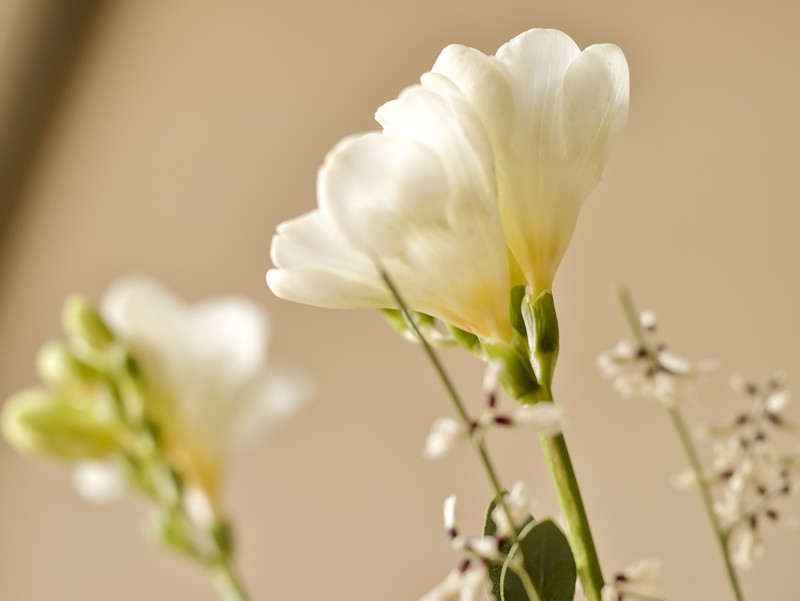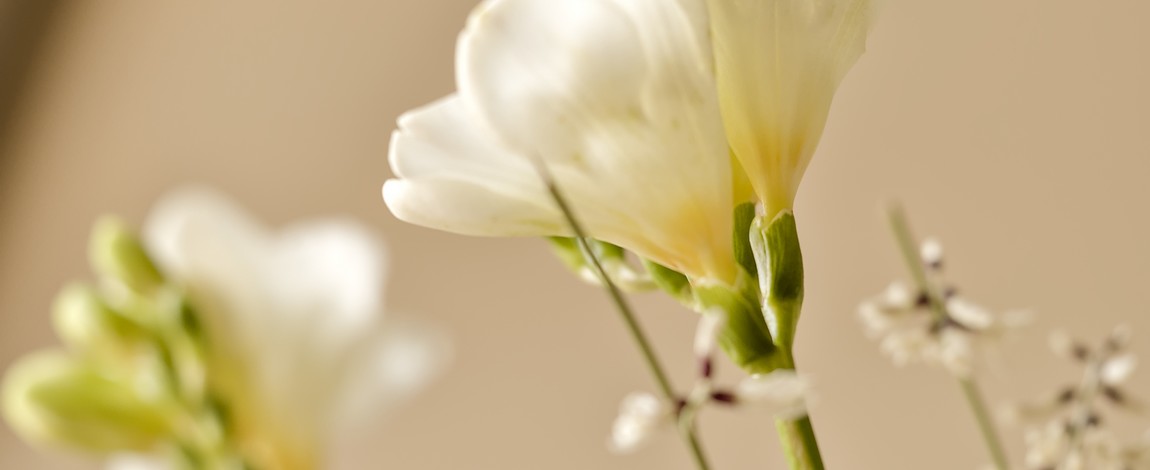
In addition to commemorating the centenary of Dietrich Fischer-Dieskau, this year we are also honoring the centenary of someone who, even if he wasn't so influent to the recent history of music, was also an exceptional singer. I am referring to Nicolai Gedda.
This week, I had intended to write a longer piece about him and his beginning, but lately, I'm recalling often my grandmother and her quote, “Man proposes but God disposes.” The smart thing to do is to put off that text half-baked, and simply enjoy the voice of Gedda, which is no small amount.
I have recently recovered one of his lieder recordings by Franz Liszt, if I'm not wrong, from 1989, and I thought we could listen to Du bist wie eine Blume. This allows us to revisit the poem by Heinrich Heine, which we had previously heard set to music by Robert Schumann and Hugo Wolf.
Heine and Liszt met in Paris, and had a good relationship and admired each other for a while; it seems, however, that things ended badly (these things were already happening, with Heine). In addition to a few Lieder, this relationship gave rise to the poet's creation of the word “Lisztomania,” which was inspired by the reactions people had to the pianist's concerts, similar to the reactions people had to Elvis Presley and The Beatles' concerts many years later.
Among the poems of Heine that Liszt set to music are, as I said, Du bist wie eine Blume. The composer made two versions of it and, as it's often the case, the dates of composition are difficult to follow. The first version was published in 1844, and was likely composed the previous year. The second was published in 1860; some sources indicate that it was revised in 1849, while others suggest that it was revised in 1859. The version we hear regularly is the second, probably the most spiritual one we have heard so far.
I leave you with the version of Gedda, accompanied by Lars Roos, and we will return to the great tenor in a few weeks.
Du bist wie eine Blume,
So hold und schön und rein;
Ich schau’ dich an, und Wehmut
Schleicht mir ins Herz hinein.
Mir ist, als ob ich die Hände
Aufs Haupt dir legen sollt’,
Betend, dass Gott dich erhalte
So rein und schön und hold.
Thou art so like a flower,
So pure, and fair and kind;
I gaze on thee, and sorrow
Then in my heart I find.
It seems as though I must lay then
My hand upon thy brow,
Praying that God may preserve thee,
As pure and fair as now.















Comments powered by CComment